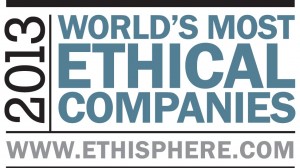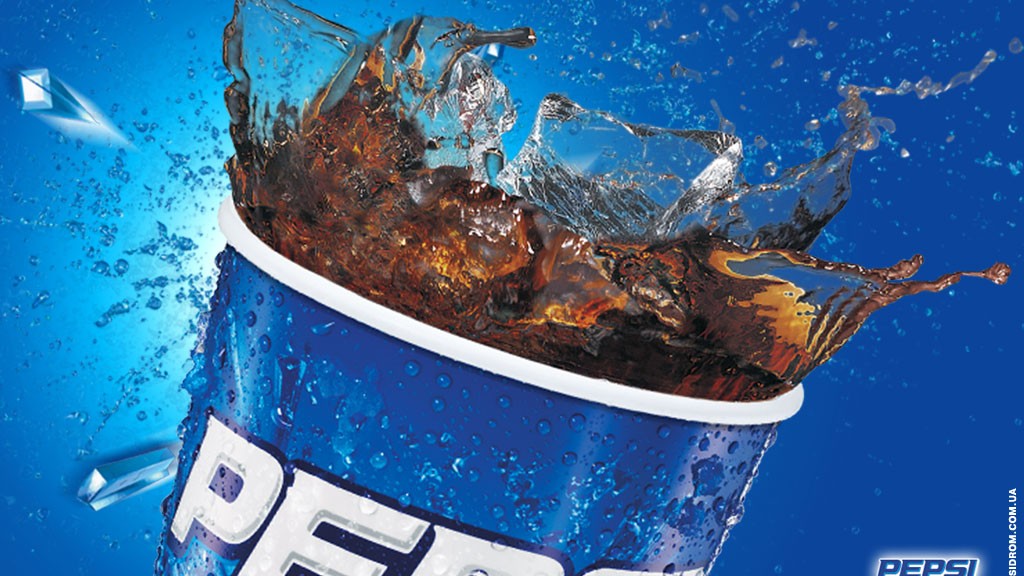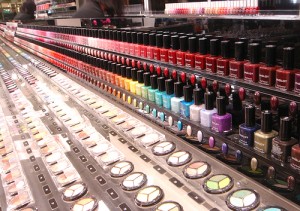 Thousands of companies each year compete to get into the World’s Most Ethical Companies list created by Ethisphere Institute. In 2013, the list included 145 companies, from more than 30 industries, such as Aflac, American Express, Patagonia, PepsiCo, Starbucks and many others. Marketers have been one of the firsts to recognize how business ethics and the WME recognition program can be turned into a marketing strategy. But can we completely trust these Ethisphere lists?
Thousands of companies each year compete to get into the World’s Most Ethical Companies list created by Ethisphere Institute. In 2013, the list included 145 companies, from more than 30 industries, such as Aflac, American Express, Patagonia, PepsiCo, Starbucks and many others. Marketers have been one of the firsts to recognize how business ethics and the WME recognition program can be turned into a marketing strategy. But can we completely trust these Ethisphere lists?
For the last 7 years PepsiCo has promoted itself as the company that received the Ethisphere honor every year since its initiation in 2007. It’s also not a secret that since 2011, PepsiCo has been right in the centre of the controversy over its contract with Senomyx which used aborted fetal cells HEK-293 to develop flavor enhancers for PepsiCo’s beverages. The controversy led to a boycott of Pepsi’s own shareholders and customers and came to an end only in April 2012. Finally, PepsiCo agreed to alter its contract with Senomyx and stopped the use of HEK-293 cell lines.
The conflict is gone, but I’m still puzzled: How can such actions be possibly called ethical? Ethisphere states that its selection process includes the overview of companies’ ethical track record and history, and yet somehow Pepsi still continuously ends up included in the list despite the controversy. Honestly, this situation smells very fishy to me. It clearly looks like a violation of customer/corporate trust that people and companies have in Ethisphere. It makes me doubt the ability of this recognition program to remain unbiased.
What should institutions and governments do to avoid the pressure coming from multinational corporations? It’s a hard question that still doesn’t have an answer in global politics. But the very least that Ethisphere could do is to try to stick to the values that it’s proposing.
Additional information about Pepsi/Senomyx controversy can be found here.


